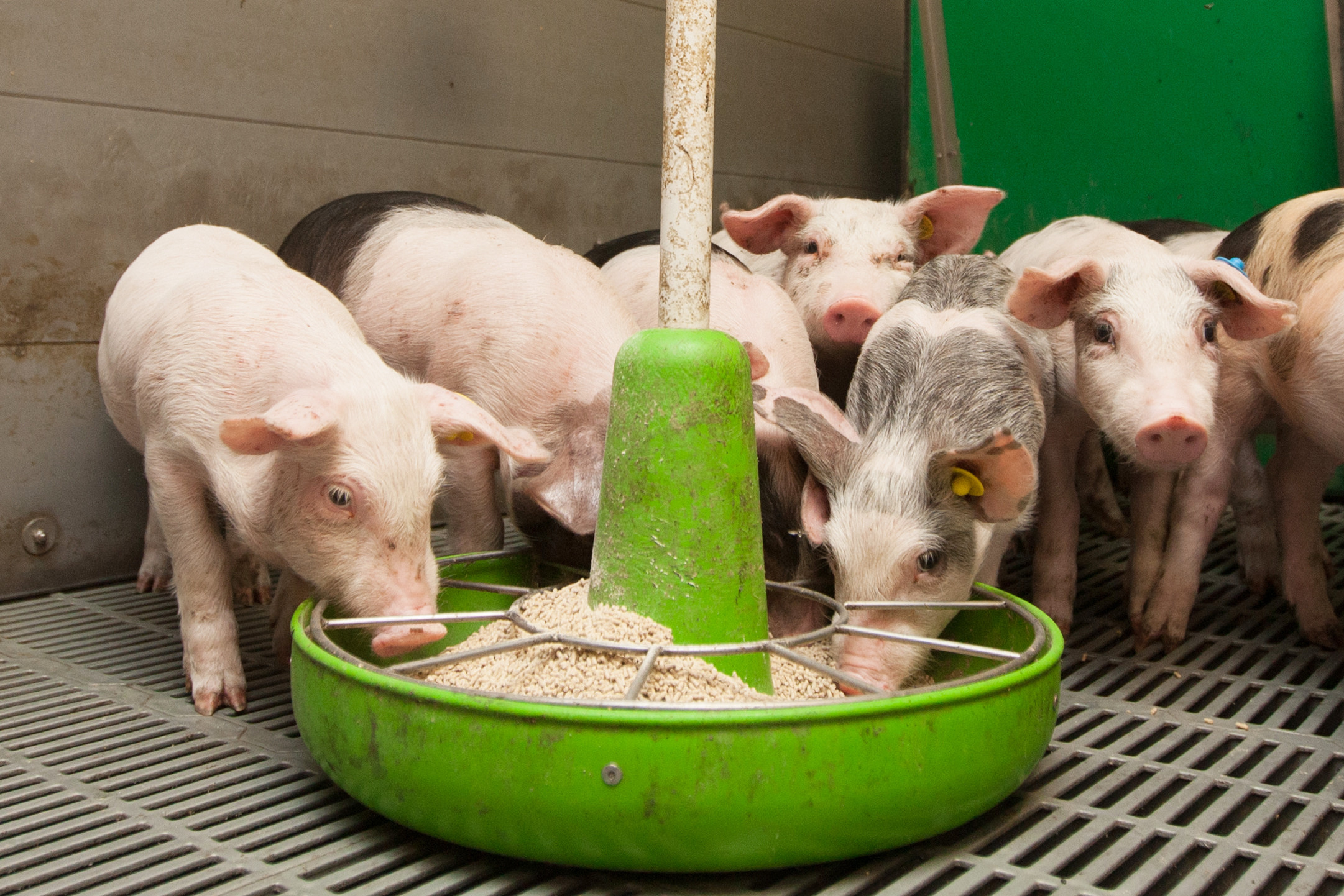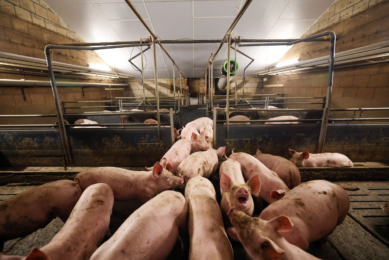The true multi-enzyme combination reduces feed cost

As a result of the increasing prices and unstable availability of some feed materials used in feed formulation along with the pressure on the prices of the feed sector, enzymes represent today a common tool used by nutritionists to help them adapt feed formulations and reduce costs. Although the benefits of enzymes are well known, it remains arduous to evaluate which combination of enzymes are advised to release the maximum potential of a specific feed.
Highly digestible sources of protein or energy are generally more expensive. Mainly because of the additional process they went through or because of their limited availability in some parts of the world. Therefore, it is logical for the nutritionist to look for sustainable alternative feed materials.
A possibility for the nutritionist is to turn to un- or less processed feed materials or to lower-priced alternatives. Consistently, this switch is generally associated with a decrease in nutrient and energy digestibility.
Sources of protein for young piglets
Post weaning is a critical transition period for young piglets and the way this phase is handled will tremendously impact the growth of the future pigs. To ensure a strong growth, feeds are formulated with highly digestible ingredients such as fish meal, which is an excellent source of protein for young piglets; whey powder, to bring energy and protein; and processed cereals or protein sources. Unsurprisingly, inclusion of such feed materials in piglets feed impacts negatively the final cost.
Therefore, Aveve Biochem evaluated the possibility to diminish the cost of a standard feed containing highly digestible ingredients by partly or completely replacing them with unprocessed sources of energy and protein while keeping similar nutrient and energy values.
Trial results
In this 42 days trial, divided in 3 feeding phases, 558 weaned piglets (21 days old) were distributed in 3 groups:
- a group fed a standard feed (PC),
- a group fed a reformulated diet containing less digestible feed materials (NC) and
- a group fed the same reformulated diet supplemented with a an enzyme combination of xylanase, glucanase and pectinase (NC + AveMix 02 CS).
More details are given in Table 1.
The main changes between the standard and the reformulated feeds were the replacement of extruded cereals by unprocessed cereals and a diminution of 50% of the fishmeal and of the whey powder used in the first feeding phase. To compensate the diminution of fish meal, soybean meal has been added, consequently increasing the crude fibre content of the feed. The cost of the reformulated diet has been decreased by € 23, € 22 and € 10 per tonne for the first, second and third phase, respectively.
Impact of less digestible energy
As the highly digestible ingredients of the standard diet have been partially or totally replaced by less digestible energy and protein sources, performances of the second group (NC) have drastically decreased (see Figure 1) and are characterised by a significantly higher FCR and a lower body weight gain.
However, in the third group, a specific mix of enzymes (AveMix 02 CS) has been supplemented to support animal digestion. AveMix 02 CS fits perfectly with this kind of reformulated diet. The high concentration of xylanase and glucanase acts efficiently on specific NSP fibres present in the cereals and soybean meal products (xylans, arabinoxylans, glucans) to maximise energy availability. Meanwhile pectinase works, synergistically with xylanase and glucanase, on pectins present in soybean meal (which can represent 6-7% of soybean meal) to increase protein and amino acids availability.
Benefits of enzyme supplementation
The impact of a xylanase, glucanase and pectinase combination on the performances of the piglets is clearly observable. The group supplemented with AveMix 02 CS is characterised by a total recovery of the body weight gain (even slightly higher than the group fed the standard diet) and total recovery of the feed conversion ratio as compared to the more expensive positive control.
In conclusion, this trial shows that using the right combination of enzymes targeting specific raw materials allows cost saving and flexibility in feed formulation.











